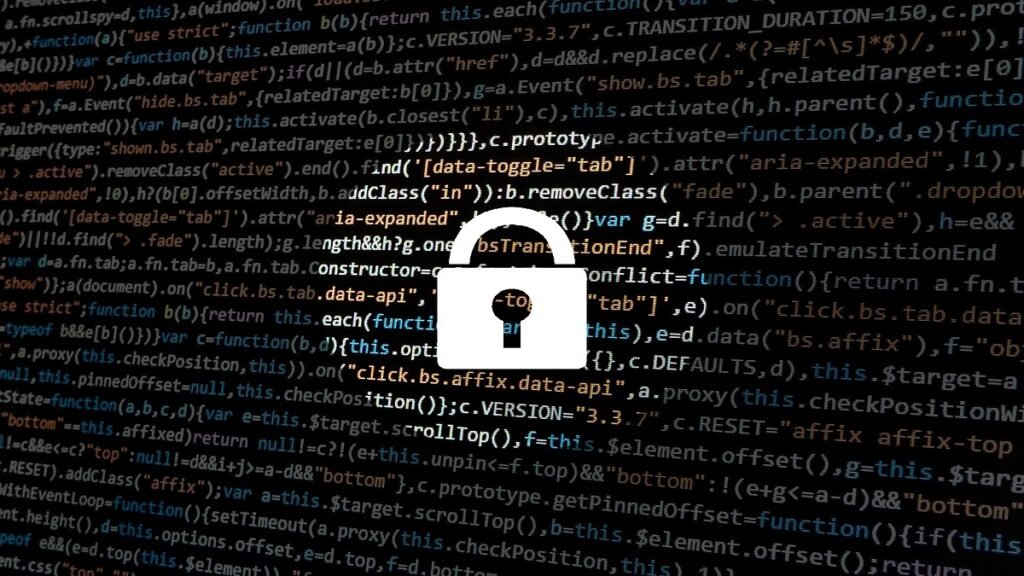
- Data Protection Regulations and Compliance in GCCs
Data protection regulations are becoming increasingly stringent worldwide, requiring GCCs to adhere to strict compliance standards to protect sensitive information. This topic explores the cybersecurity imperatives related to data protection regulations, such as GDPR, HIPAA, and CCPA, and the implications for GCC operations. It discusses the importance of implementing robust data protection measures, including encryption, access controls, and data masking, to safeguard sensitive data and ensure compliance with regulatory requirements. By prioritizing data protection, GCCs can mitigate the risk of data breaches and safeguard their reputation.
- Cybersecurity Risk Management Frameworks for GCCs
Effective cybersecurity risk management is essential for GCCs to identify, assess, and mitigate cybersecurity risks effectively. This topic examines cybersecurity risk management frameworks, such as NIST Cybersecurity Framework and ISO/IEC 27001, and their applicability to GCC operations. It discusses the importance of establishing risk management processes, including risk assessment, risk treatment, and risk monitoring, to proactively manage cybersecurity risks. By implementing robust risk management frameworks, GCCs can enhance their cybersecurity posture and protect against potential threats to their reputation.
- Building Trust Through Transparency and Accountability
Trust is paramount for GCCs to maintain strong relationships with stakeholders, including customers, partners, and regulatory authorities. This topic explores the importance of transparency and accountability in cybersecurity practices, such as disclosing security incidents and vulnerabilities promptly and taking responsibility for cybersecurity shortcomings. It discusses the benefits of building trust through open communication, proactive disclosure of cybersecurity measures, and accountability for cybersecurity failures. By fostering trust through transparency and accountability, GCCs can enhance their reputation and credibility in the marketplace.
- Incident Response and Crisis Management for Reputation Protection
Effective incident response and crisis management are critical for GCCs to mitigate the impact of cybersecurity incidents on their reputation. This topic examines the importance of establishing robust incident response and crisis management processes, including incident detection, response coordination, and communication with stakeholders. It discusses the role of proactive communication and transparency in managing cybersecurity incidents and minimizing reputational damage. By implementing effective incident response and crisis management strategies, GCCs can protect their reputation and maintain stakeholder trust during cybersecurity incidents.
- Third-Party Risk Management and Reputation Protection
Third-party relationships are an integral part of GCC operations, but they also introduce cybersecurity risks that can impact reputation. This topic explores the importance of third-party risk management in protecting the reputation of GCCs, including vendor risk assessments, due diligence, and contractual obligations related to cybersecurity. It discusses strategies for mitigating third-party cybersecurity risks, such as implementing security controls, monitoring third-party activities, and establishing incident response protocols. By effectively managing third-party cybersecurity risks, GCCs can safeguard their reputation and maintain stakeholder trust.
- Continuous Monitoring and Improvement for Reputation Assurance
Continuous monitoring and improvement are essential for GCCs to adapt to evolving cybersecurity threats and protect their reputation effectively. This topic examines the importance of ongoing cybersecurity monitoring, including threat intelligence analysis, security assessments, and vulnerability management. It discusses the benefits of continuous improvement initiatives, such as cybersecurity training and awareness programs, incident response drills, and security posture assessments. By prioritizing continuous monitoring and improvement, GCCs can enhance their cybersecurity resilience and protect their reputation in an ever-changing threat landscape.

